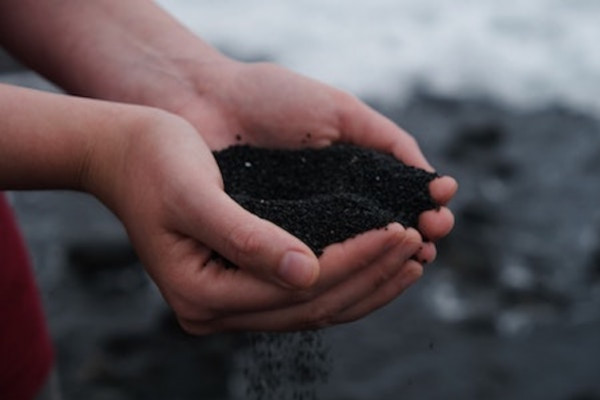
Comment faire son compost ?
02/12/2020
Faites de vos déchets verts une ressource renouvelable à l’aide du compostage ! Grâce à cette méthode, près de la moitié des déchets que nous produisons peuvent être recyclés en compost. C’est un double bénéfice pour l’environnement, car cela nous permet de réduire nos déchets, mais également d'apporter à la nature un fertilisant d'excellente qualité.
LE COMPOST, C'EST QUOI ?
Le compost résulte de la décomposition de matières d’origine végétale ou animale mélangées. Dans l’environnement comme les forêts, ce processus est totalement naturel. Une plante meurt, se décompose grâce aux macro et micro-organismes et finit par former un humus riche pour le sol. La production de cet humus participe à la régénération du sol et contribue à la croissance des autres végétaux. Le compost à domicile dans votre jardin résulte de la même mécanique. Le but est de recycler ses déchets organiques provenant de la maison et du jardin. Rassemblés dans un composteur, ils se décomposent petit à petit, c’est ce qu’on appelle “le compostage”. Au bout d’un certain temps, vous obtiendrez un mélange qui permettra de nourrir votre jardin et vos plantes d’intérieur.
COMMENT FAIRE SON COMPOST ?
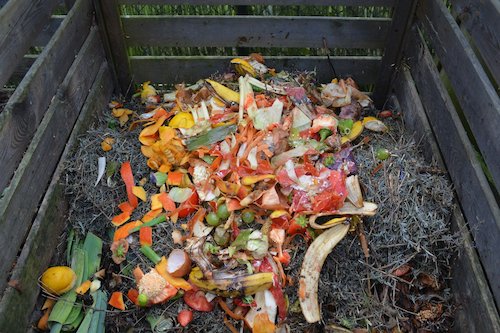
Pour réaliser votre compost, vous pouvez acheter un composteur prêt à l’emploi, construire le vôtre, ou entasser vos déchets organiques à un emplacement dédié si votre surface de jardin vous le permet. Quel que soit le contenant choisi, placez votre compost dans un endroit ombragé afin d'éviter le dessèchement des déchets et d’assurer la présence des insectes (lombrics, cloportes).
Toutes les matières organiques peuvent être compostées, mais la décomposition de certaines peut prendre plus de temps et requiert parfois quelques précautions. Pour l’obtention d’un bon compost, tout est question d’équilibre entre les éléments humides riches en azote (matière verte) et les éléments secs riches en carbone (matière brune) . Si votre compost contient trop de matière verte, il aura tendance à pourrir. S'il est principalement composé de matière brune, sa décomposition sera très lente. L’idéal est qu’il contienne autant de matière verte que de matière brune. Vous pouvez alterner les couches de chacune des matières pour assurer un bon équilibre à votre compost. Pour que la décomposition de vos déchets soit plus rapide, il est conseillé de hacher ou broyer les éléments avant la mise en composteur.
Matière verte : tonte de gazon, épluchures et déchets de fruit et légume, végétaux frais, marc de café, thé, fleurs fanées, mauvaises herbes…
Matière brune : tiges et feuilles séchées, papier, papier journal, cartons non imprimés, essuie-tout, broussailles, copeaux de bois, foin, litière de petits rongeurs…
D’autres éléments peuvent être compostés, mais en petite quantité : les coquilles d’œuf (elles doivent être broyées), les restes alimentaires cuits, les cendres de feu de bois, les épluchures d’agrume, laitages, morceaux de viande ou de poisson.
Certaines matières sont cependant non compostables et à éviter telles que les huiles et graisses alimentaires, les cendres de charbon de bois (type barbecue), la litière de chat et chiens, les poussières d’aspirateurs, les déchets ayant subi des traitements chimiques, les graines et noyaux, les plantes grimpantes, les végétaux traités, les couches jetables.
L'ENTRETIEN DU COMPOST
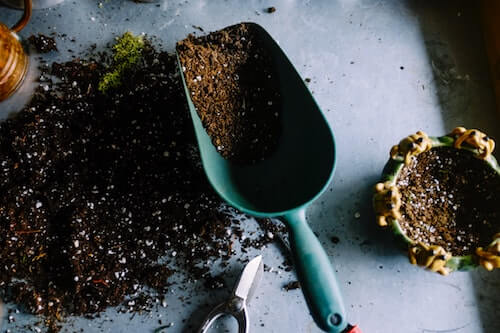
Pour que votre compost soit bien entretenu, quelques mots d’ordre : alterner, aérer, mélanger et veiller à l’humidité.
Alterner : comme expliqué précédemment, les matières vertes sont riches en azote et les matières brunes en carbone. Les matières vertes se décomposent assez rapidement et apportent de l’eau et de la nourriture à votre compost. À l’inverse, les matières brunes assurent une bonne structure au compost et se décomposent plus lentement. Ces deux éléments sont donc complémentaires pour le bon déroulement de votre compost et doivent être présents dans des quantités équitables.
Aérer et mélanger : il est important d’aérer son compost pour lui apporter de l’air et pour oxygéner les micro-organismes qui se trouvent à l’intérieur. Sans aération régulière, une mauvaise odeur peut s'en dégager notamment si la matière verte est trop présente. À chaque ajout de matière, mélangez votre compost. Cela permet aux micro-organismes, déjà présents dans l’ancien apport, de grignoter la nouvelle matière plus facilement.
Veiller à l’humidité : surveillez l’humidité de votre compost régulièrement pour que la décomposition s’y opère. Dans le cas où votre compost est trop sec, les micro-organismes meurent et le processus de décomposition est arrêté. Arrosez votre compost avec de l’eau ou apportez des déchets humides pour l’hydrater. Dans le cas inverse, si votre compost est trop humide, les mauvaises odeurs se développent. Ajoutez un peu de matière brune pour le rééquilibrer.
QUAND UTILISER SON COMPOST ?
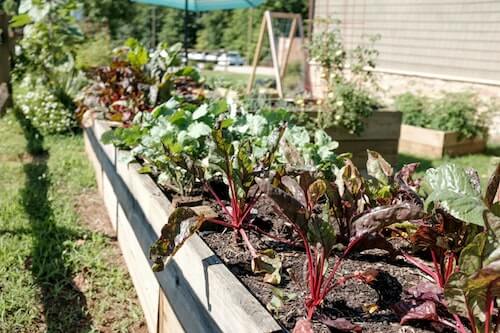
Lorsque votre compost semble homogène, grumeleux, sans odeur et sans la présence de beaucoup de vertébrés, il est prêt à l’utilisation ! Un compost mûr est obtenu après 6 mois environ. S’il reste quelques déchets qui ne sont pas encore totalement décomposés, tamisez votre compost et remettez ces déchets au composteur afin qu’ils finissent leur dégradation avec le prochain cycle. Vous pouvez désormais utiliser votre compost et le déposer au pied de vos différentes plantes, de votre potager, comme paillage pour vos plantes vivaces, pour vos plantes d’intérieur…
LES AVANTAGES DU COMPOST
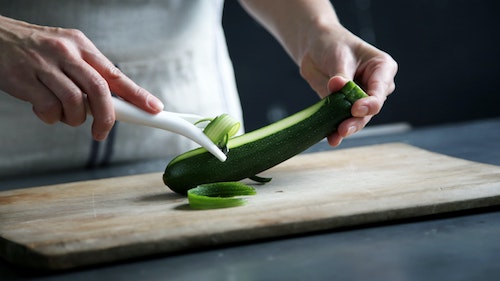
Les avantages du compost sont nombreux et vous donneront envie de tenter l’expérience !
Les déchets compostables représentent près de 30 % du poids de nos poubelles, ce qui équivaut à 45 et 60 kg par an de déchets. Leur traitement est un coût économique et environnemental du fait de leur transport, leur ramassage, leur incinération… Alors valorisons ces déchets ! C’est un petit geste non négligeable pour l’environnement mais également pour votre porte-monnaie.
En valorisant vos déchets organiques, vous réduirez le poids de votre poubelle ce qui permettra de limiter les incinérations. Vous obtiendrez un compost gratuit qui sera très utile à votre jardin et vous permettra de faire des économies. Le compost améliore la composition des sols en respectant la biodiversité de la terre. Il est également le refuge idéal pour la faune du jardin, du fait de la chaleur qu’il dégage. Hérissons, crapauds, musaraignes, campagnols y trouveront leur bonheur pendant la saison plus froide.
UN COMPOST EN APPARTEMENT, C'EST POSSIBLE ?
Balcon ou pas balcon, un compost en appartement, c’est possible ! Vous pouvez opter pour composter vos déchets à l’aide d’un lombricomposteur ou bien avec la méthode “bokashi”. Ces composts prennent peu de place, environ celle d’un robot à pâtisserie, et n’ont pas d’odeur !
Le lombricomposteur
Comme son nom l’indique, le lombricomposteur permet la transformation de vos déchets organiques à l’aide de vers de terre. L’idée d’accueillir des vers dans la cuisine peut, certes, en refroidir plus d’un, mais ces petits lombrics restent sagement dans leur composteur et aucune mauvaise odeur ne s’en dégage.
Ce type de compost comporte plusieurs étages pour y déposer la nourriture et pour récolter le compost. Il est également doté d’un robinet ou bac pour recueillir le “jus de compost”, engrais liquide à diluer avec de l’eau dont vous pouvez vous servir pour apporter pleins de bonnes choses à vos plantes. À la fin du processus de compostage par les vers, vous obtiendrez votre compost prêt à l’utilisation ! Vous pouvez acheter directement ce type de composteur en magasin fourni avec les éléments nécessaires ou fabriquer le vôtre.
Le bokashi
Le bokashi est une méthode de compostage qui nous vient du Japon, et qui signifie “matière organique fermentée”. Ce processus décompose vos déchets à l’aide d’un mélange de son de blé, de mélasse et surtout de micro-organismes à saupoudrer à chaque ajout de nouveaux déchets. Le bokashi, tout comme le lombricomposteur, vous permet d’obtenir un engrais liquide environ tous les 5 jours. Une fois que votre compost est entièrement rempli de déchets, laissez-le fermé pendant 2 semaines tout en continuant de vider l’engrais liquide régulièrement. Après ces 15 jours, la matière obtenue ne semble pas avoir changé à l'œil nu, mais le processus de décomposition a bien été réalisé ! Cette matière est un excellent apport pour la terre. Elle peut être mélangée à du compost ou enfouie dans la terre. Si vous ne possédez pas de jardin, vous pouvez en faire profiter vos proches ou bien la donner à un jardin collectif.
Lire aussi...
|
Vous souhaitez des conseils personnalisés pour votre routine beauté ?
|
|

|
Article rédigé par : Aline Foulet Fondatrice de la marque cosmétique Bio Akane Skincare Blog Akane Paris, Montmartre
|

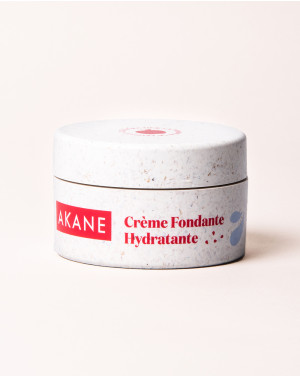

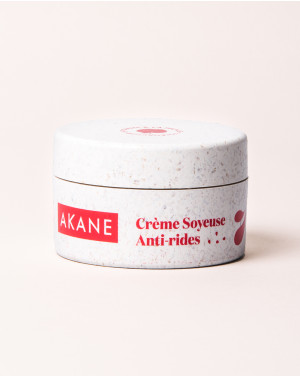
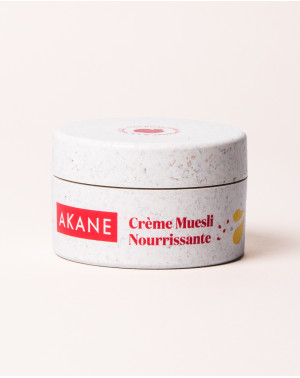


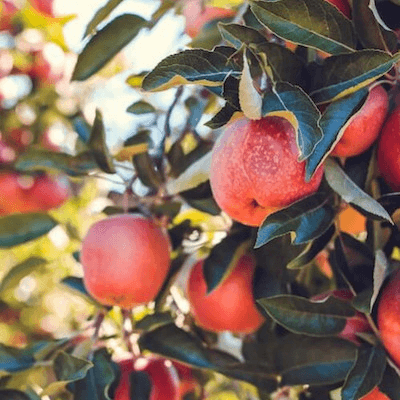

.JPG)